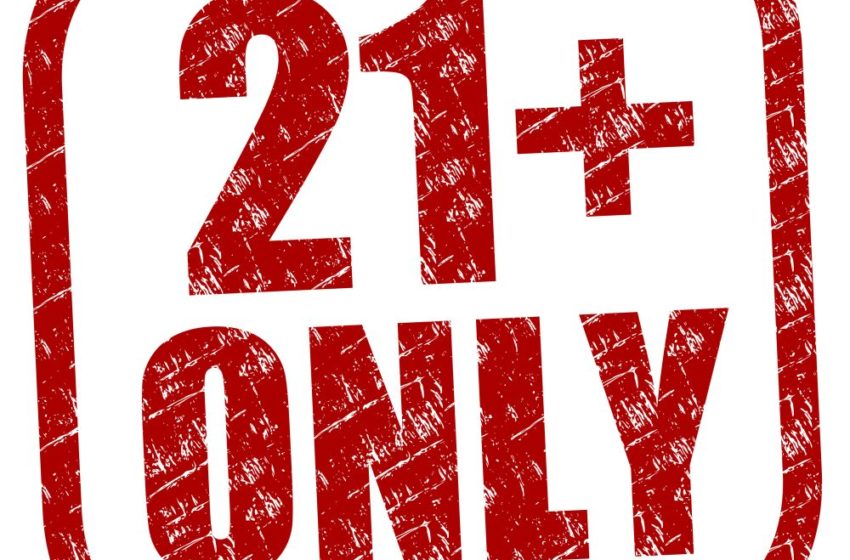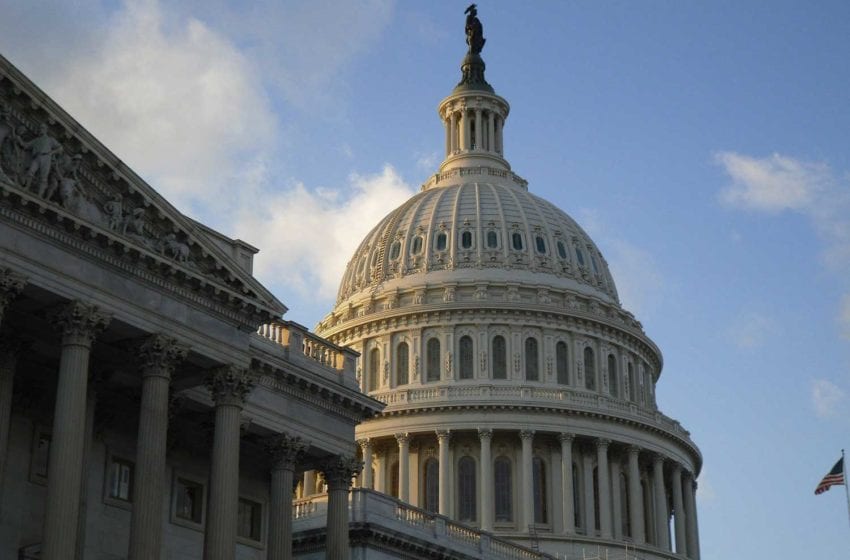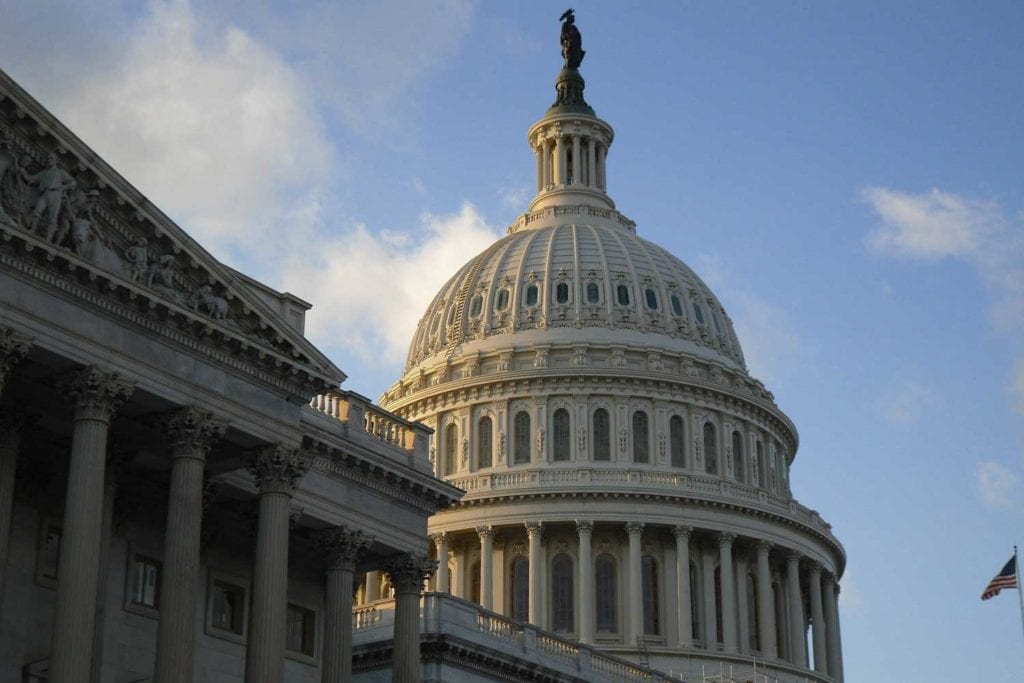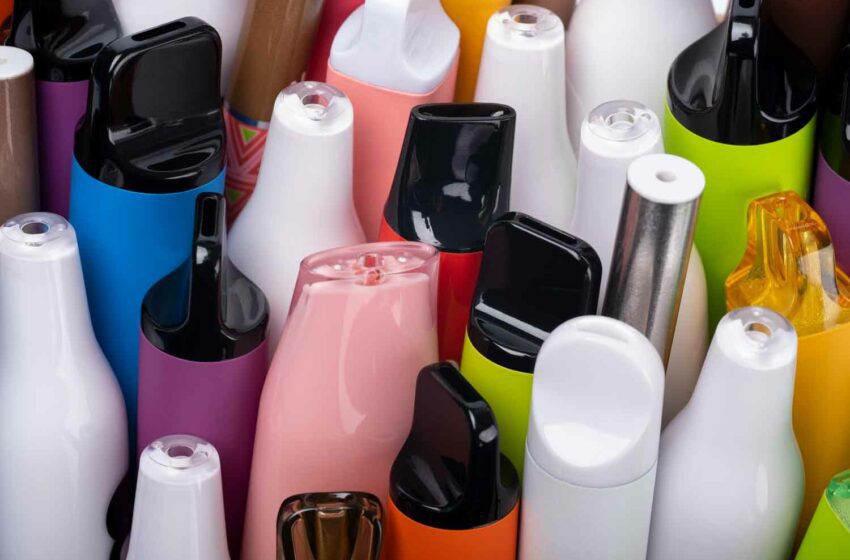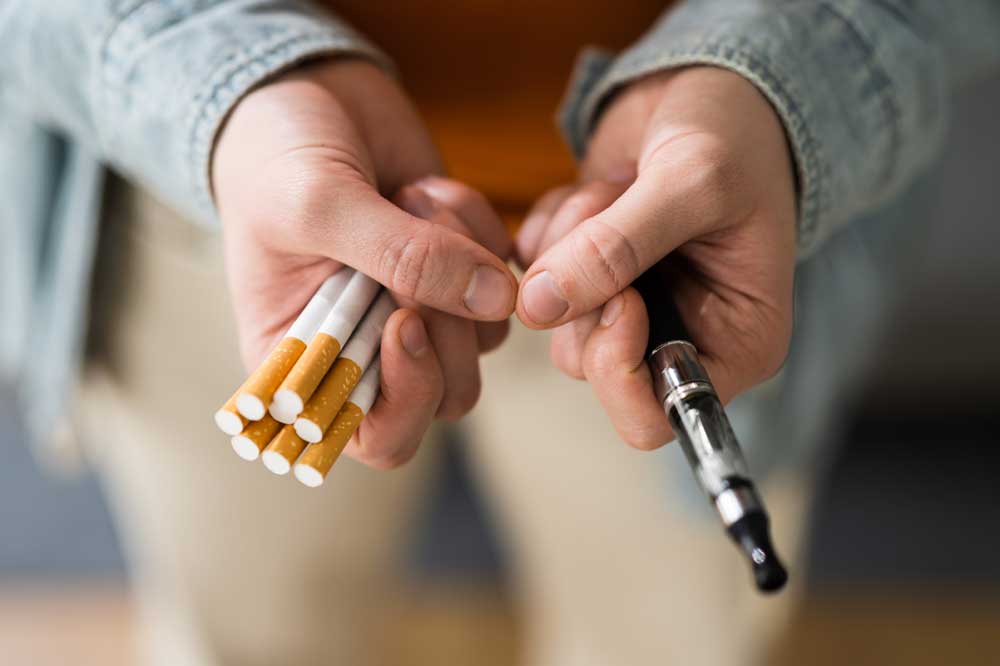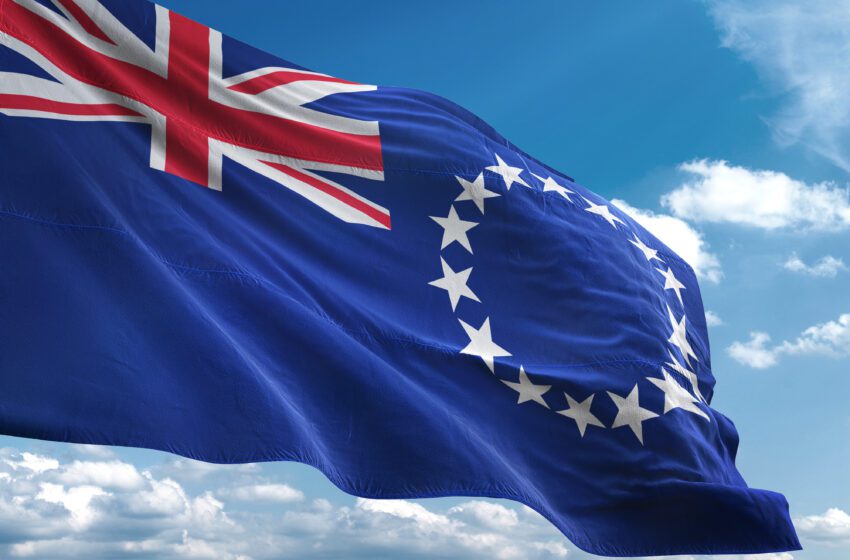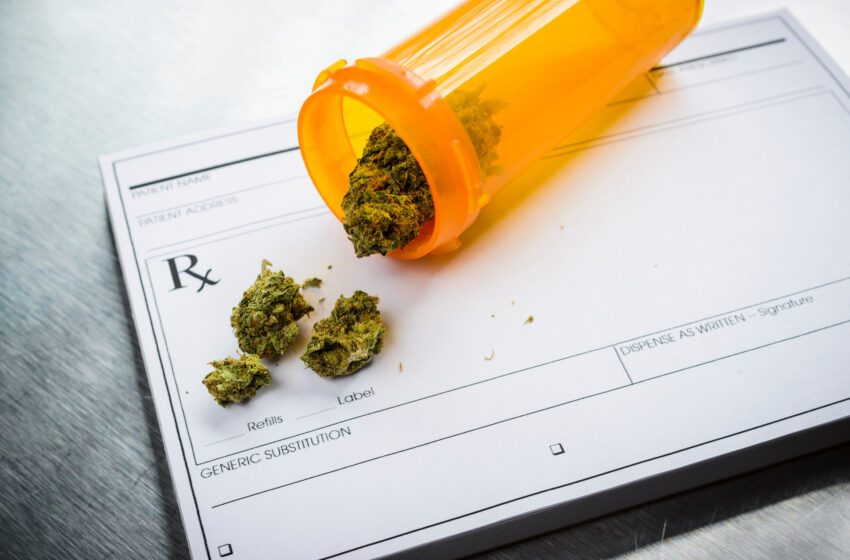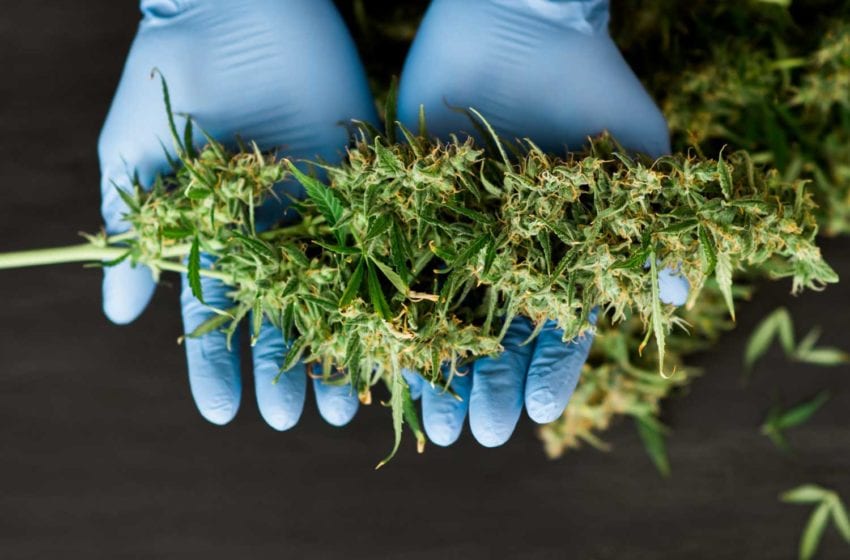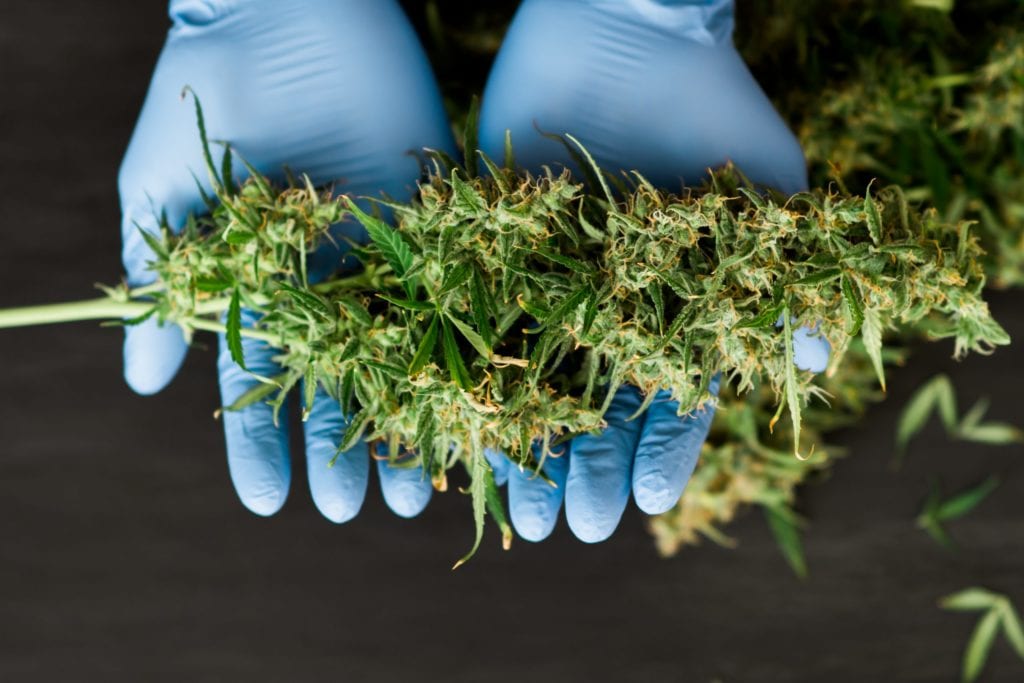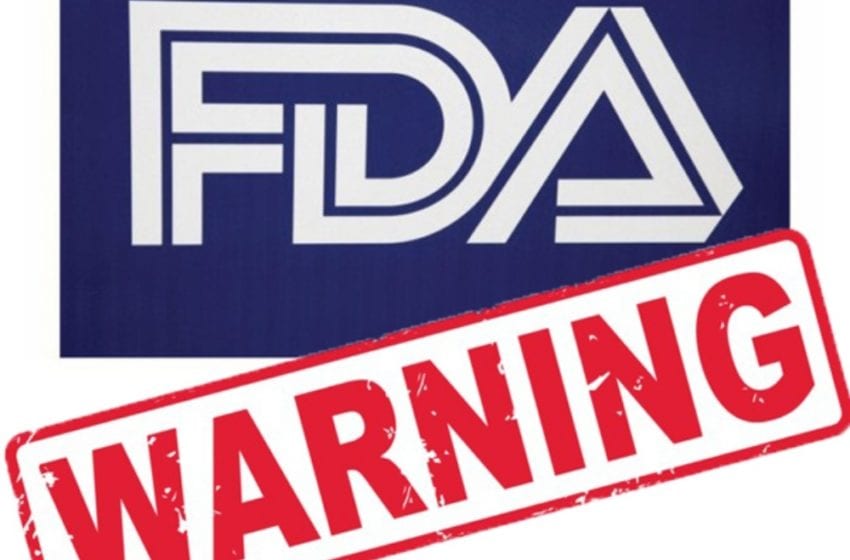
New legislation is due to come before the Cabinet in Ireland, raising the legal age to buy tobacco and vaping products from 18 to 21.
The Minister of Health, Stephen Donnelly, is due to seek Cabinet approval this week for the legislation to increase the legal age by three years, according to media.
While less young people in Ireland are smoking cigarettes, the numbers seem to have plateaued in recent years. The hope iraising rising the age from 18 to 21 will deter younger from smokingo smoke cigarettvapingd vapes, lowering numbers once again.
Minister Donnelly announced his intention to introduce this legislation back in March.
“Really, it’s a measure aimed at people who are 15, 16, 17 years of age that with a smoking age at 18, they find it relatively easy to buy cigarettes…but that if you move to 21 it makes it much more difficult,” he said.
A ban on the sale of tobacco and vape products from vending machines is also set to be introduced.
Further legislation is planned to ban disposable vapes and address issues related to the flavors and bright colors of vape packaging.

